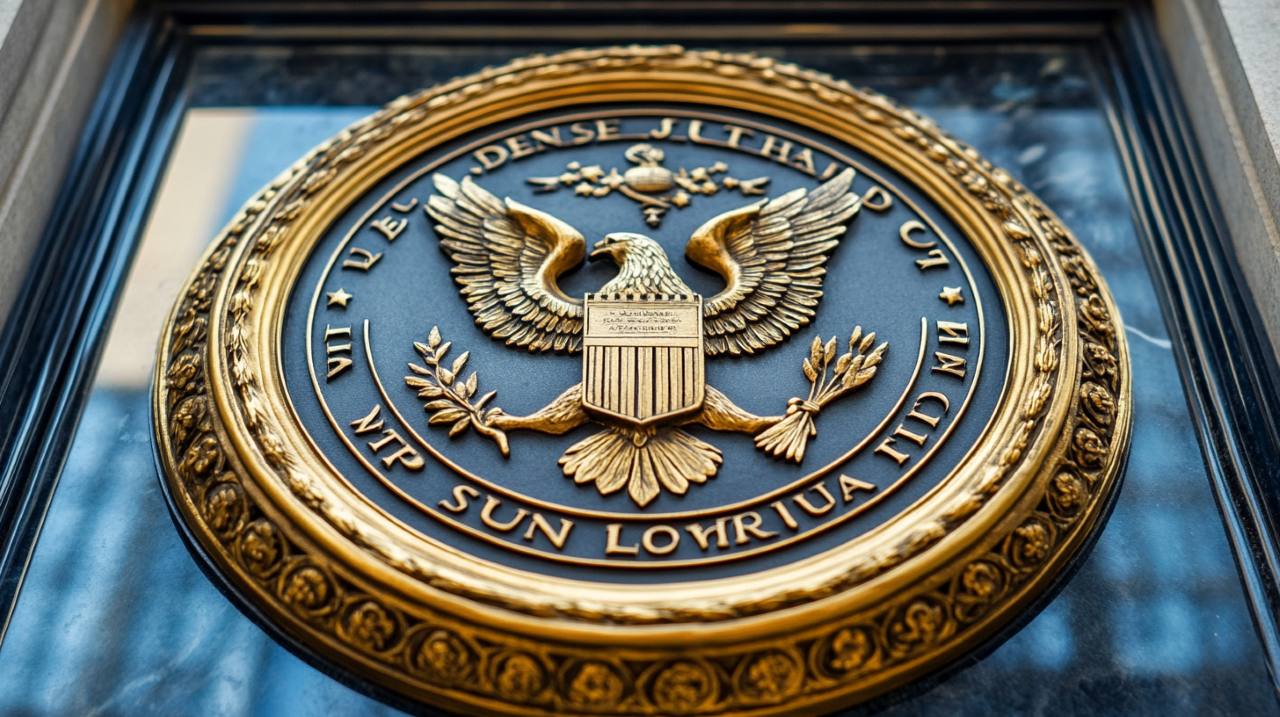
In a move that has sent shockwaves through Washington and beyond, President Donald Trump’s administration has initiated a sweeping purge of the Department of Justice (DOJ) and the Federal Bureau of Investigation (FBI).
The firings, which appear to target officials and agents involved in investigations of Trump’s conduct, have raised alarms among legal experts, civil servants, and lawmakers from both parties. Critics warn that this unprecedented action could undermine the independence of federal law enforcement and set a dangerous precedent for the future of American democracy.
The Scope of the Purge
The scale of the purge is staggering. According to multiple reports, dozens of senior FBI officials, prosecutors, and agents have been fired or forced to resign. Many of those targeted were involved in the investigations into the January 6 Capitol attack and Trump’s alleged mishandling of classified documents. Acting Deputy Attorney General Emil Bove, a Trump loyalist, reportedly ordered the firings, citing the need to end what Trump has repeatedly called the “weaponization” of federal law enforcement.
Among those dismissed are top FBI executives overseeing critical areas such as counterterrorism, cybersecurity, and public corruption. The FBI Agents Association, representing over 14,000 current and former agents, issued a rare public statement condemning the move as “outrageous” and warning that it would “severely weaken the bureau’s ability to protect the country from national security and criminal threats.”
Retaliation or Reform?
The Trump administration has framed the purge as a necessary step to restore public trust in federal law enforcement. In a statement, Trump said, “For too long, the DOJ and FBI have been weaponized against the American people. We are cleaning house to ensure that these agencies serve the Constitution, not political agendas.”
But critics see the firings as blatant retaliation against those who investigated Trump and his allies. On his first day back in office, Trump pardoned over 1,500 individuals convicted in connection with the January 6 insurrection and ordered the DOJ to drop all pending cases related to the attack. The purge appears to be the next step in what many are calling a campaign of retribution.
“This is not about reforming the DOJ or the FBI,” said Senator Cory Booker. “This is about punishing those who dared to hold Donald Trump accountable. It’s a dangerous assault on the rule of law.”
The Chilling Effect
The firings have sent a chilling message to federal employees: loyalty to the president may now take precedence over loyalty to the Constitution. Career civil servants, who traditionally remain in their roles across administrations, are being replaced with individuals perceived to be more aligned with Trump’s agenda. Kash Patel, Trump’s nominee to lead the FBI, has promised to protect the bureau’s employees from political retribution, but his assurances ring hollow in the face of the ongoing purge.
The implications extend far beyond the individuals who have been fired. Legal experts warn that the purge could deter federal employees from pursuing politically sensitive investigations in the future, for fear of losing their jobs. “This sets a precedent where the president can use the power of the executive branch to punish his enemies and protect his allies,” said Bradley Moss, an attorney specializing in national security law. “It’s a direct threat to the independence of federal law enforcement.”
A Test for Congress
The purge has also reignited debates about the balance of power between the executive branch and Congress. Democratic lawmakers have vowed to investigate the firings and hold the administration accountable. “This is a reckless and dangerous assault on American law enforcement,” said House Minority Leader Hakeem Jeffries. “We will not stand by while the president undermines the rule of law.”
But with Republicans controlling both chambers of Congress, it remains unclear whether any meaningful action will be taken. Some moderate Republicans have expressed concern about the purge, but most have remained silent, wary of crossing Trump and his base.
The Broader Context
Trump’s actions must be understood in the broader context of his return to power. Since taking office, he has issued a series of executive orders aimed at dismantling what he calls the “deep state.” These include directives to investigate state and local officials who oppose his immigration policies and to review the records of federal employees involved in past investigations of his conduct.
This is not the first time Trump has clashed with the DOJ and FBI. During his first term, he repeatedly accused these agencies of bias and sought to discredit their investigations into his campaign’s ties to Russia. But the current purge represents a significant escalation, targeting not just senior officials but also rank-and-file employees.
What’s at Stake
The stakes could not be higher. The independence of federal law enforcement is a cornerstone of American democracy, ensuring that no one—not even the president—is above the law. By targeting those who investigated him, Trump is sending a clear message: loyalty to him is more important than loyalty to the Constitution.
This is a moment of reckoning for the United States. Will Congress and the courts step in to check the president’s power, or will they allow this dangerous precedent to stand? The answer will shape the future of American democracy for years to come.
As we watch this unfold, it’s worth remembering the words of James Madison: “The accumulation of all powers, legislative, executive, and judiciary, in the same hands… may justly be pronounced the very definition of tyranny.” The question now is whether the American system of checks and balances is strong enough to withstand this test.
